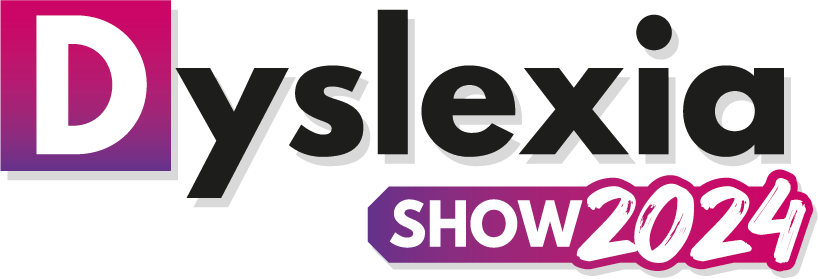Time can be a huge issue with dyslexic children in two ways! One is with telling the time, the other is around speed. Dyslexic children often read, write even talk slower than their peers due to processing issues.
When supporting children with dyslexia, we often concentrate on literacy difficulties. However, I have found many children with age appropriate reading and or spelling . Their difficulties lie with memory skills or around processing. Reading may not be an issue until it is timed for example. Often children with dyslexia don’t finish their tests or exams in time, or are slow completing homework. Looking at a question in an exam the child is slow to read and slow to process what the question is asking, as well as often being slow to write the answer. Schools can give additional time for exams , normally 25% extra , once it has been established as being their normal way of working.
We test processing in several ways and generally the tests are timed and children struggle to complete them in the time given. We may give tests that are around simple , repetitive tasks measured under pressure of time or test word retrieval abilities using phonological clues. We time speed of reading familiar and unfamiliar words and this gives us useful information in how to support that child further.
Improving processing skills can be difficult although being taught skills such as skimming and scanning can improve reading speeds. Using extra time effectively can be an issue unless taught skills such as how to highlight key words, and understanding what 25% extra means in an exam of 90 minutes.
Luckily with digital clocks and mobile phones the issue of not being able to use a conventional watch is not so much of a problem any more!
By Katrina Cochrane

